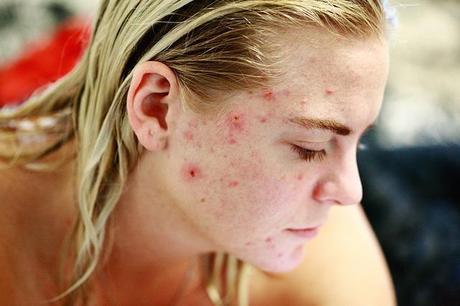
According to Coherent Market Insights "Increasing complications associated with actinic keratosis is expected to fuel the Actinic Keratosis Market".
A rough, scaly area on the skin called an actinic keratosis develops after years of sun exposure. It commonly appears on the cheeks, lips, ears, forearms, scalp, neck, and backs of the hands.
An actinic keratosis, also known as solar keratosis, develops slowly and commonly appears in adults over the age of 40. By limiting your sun exposure and protecting your skin from ultraviolet (UV) radiation, you can lower your risk of developing this skin condition. If left untreated, actinic keratoses have a 5 percent to 10% chance of developing into squamous cell carcinoma, a kind of skin cancer.
Symptoms
The appearance of actinic keratoses varies. The following are some of the signs and symptoms:- A rough, dry, or scaly patch of skin with a diameter of less than 1 inch (2.5 cm).
- On the top layer of skin, there is a flat to the slightly elevated area or hump.
- A rough, warty surface can appear in some circumstances.
- Pink, red, and brown are some of the color options.
- Itching, burning, bleeding, or crusting are all symptoms of a skin condition.
- Sun-exposed parts of the head, neck, hands, and forearms have new patches or bumps.
When should you see a doctor?
It might be difficult to tell the difference between noncancerous and cancerous patches. It's recommended to see a doctor if you notice any new skin changes, especially if a scaly spot or patch persists, expands, or bleeds.Causes -
Frequent or strong exposure to UV radiation from the sun or tanning beds causes actinic keratosis.- Factors that are at risk -
- Actinic keratoses can affect anyone. However, you're at a higher risk if you:
- Have blue or light-colored eyes and red or blond hair
- Have you ever had a lot of sun exposure or gotten sunburned?
- When exposed to sunlight, they tend to freckle or burn.
Are you over the age of 40?
- Living in a sunny environment is ideal.
- Work in the open air
- Have a compromised immune system?
